On Monday, the Supreme Court came to a landmark decision to repeal the Professional and Amateur Sports Protection Act (PASPA), which forbid states from sanctioning sports gambling. The announcement detailing a 6-3 ruling in favour of dismembering PASPA, marked a historically significant moment in American gambling, setting global headlines ablaze.
With a gambling market estimated, by some at least, to be worth in the region of $150 billion, and with illegal wagers accounting for 97% of that figure, there’s a lot to discuss as this colossal industry begins its shift from black market to regulation. Esports being a critical point of this conversation, the development of the rapidly growing industry is poised to transfigure widely as a result of this decision; let’s delve deeper into the matter in this week’s ESI Gambling Report.
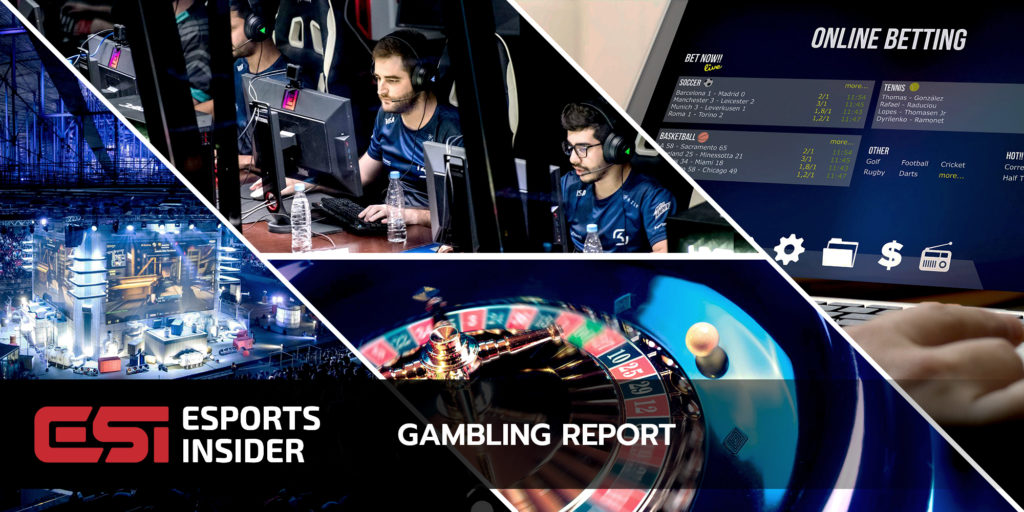
The Decision
A long time in the making, the Supreme Court reached a verdict in a nail-biting deliberation on PASPA on Monday 14th May, permitting Congress to regulate sports gambling. There is however an important distinction here; the legalisation and allowance of sports betting is at the discretion of each state. Prior to this, Nevada was the only state offering a complete sports betting menu to punters; thus, the news rightfully sent a shockwave throughout the entire country.
Several states have made some premeditated legislative movements ahead of a potential repeal of PASPA; now a reality, New Jersey is the first to reap its benefit where Atlantic City and Jersey racetracks are now accepting over-the-counter bets on sports; other states aren’t far behind the Garden State either – Mississippi, Pennsylvania, Connecticut, New York and Delaware are all seen to be front-runners in inducting sports gambling on their home turf.
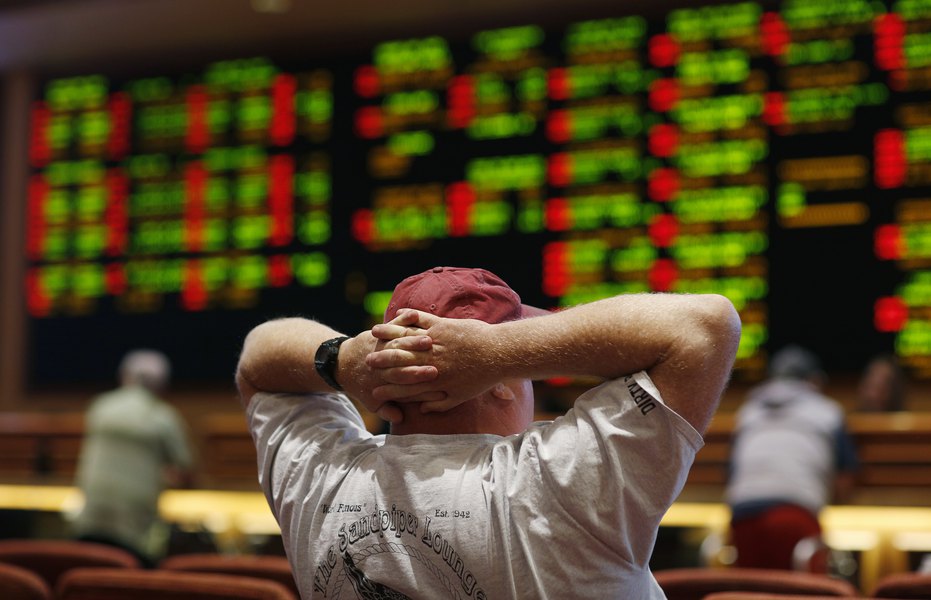
Overall, there are still quite a bit of legal hurdles that will require thorough sorting before people in the US can engage in any legal esports gambling – the Wire Act is one of those obstacles that will require some traversing around within this development. How long it’ll take for everything to come to fruition? There’s really no telling, but we do know gambling industrialists have hit the ground running thus far.
The state of esports betting
Esports has an undoubted presence in gambling, granted it doesn’t quite stack up against the traditional sports lineup yet, it’s certainly gaining a lot of attention that has likely skyrocketed its attractiveness to sportsbooks proceeding the ruling.
Whilst now a little outdated, a 2016 report by analytics company Narus and research firm Eilers & Krejcik Gaming projected the total handle of esports gambling handle (both legal and illegal) in 2020 to be $12.9 billion – a number suggesting that esports betting is far more than just a fleeting fad. Esports are already featured across a number of reputable sportsbooks, with the likes of bet365, Betway, Pinnacle, Unikrn leading the way in terms of esports offerings. Newcomers such as Luckbox and Rivalry.gg are likely to keep these bookies on their toes and make this space yet more competitive too. With the entry of US customers where pro-gaming has a generally higher interest, it’s likely we’ll see the market appear on more and more books.
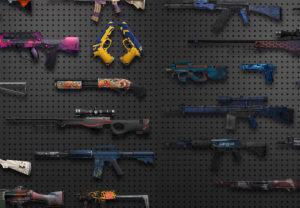
If you’re here, chances are you’ve probably familiarised yourself with skin gambling – the use of cosmetic items in games such as CS:GO and Dota as a betting currency. Skin gambling accounts for a large percentage of esports bets and is part of the wider unregulated gambling problem; pinpointing that exact number is challenging while the space remains so illicit – bookmakers dealing with skins are rightfully hesitant to provide analytics from their sites. To get an idea of how rampant the skin gambling market is you can take have a look at this report by the British Gambling Commission which claims that 11% of 11-to-16-year-old kids in the UK have placed a skin wager.

Head of Esports at Genius Sports, Moritz Maurer elaborated a bit for us on the size of the skin gambling market, and how it’s not just a problem in the UK: “During our work in unveiling the size and scope of the skin gambling industry within esports recently, we found that the US was a hotbed of activity in terms of unregulated esports betting.”
Bracing for impact
Much of what everyone can predict of the implementation of the US into the gambling-scape at this point is primarily speculation – it’s still unclear what the final product will look like once it goes full-swing. Right now, we’re seeing much of the groundwork being laid for the long road ahead – luckily though, as states were anticipating PASPA’s repeal, companies were too.
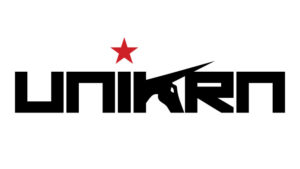
Unikrn was one of those groups, the esports betting company admitted creating a strategy around the US welcoming authorised gambling – CEO & Co-Founder, Rahul Sood expounded for us: “When we started Unikrn we anticipated this day would come. The repeal of this archaic law was only a matter of time. So rather than going down the path of Fantasy and operating within a weird loophole, Unikrn spent a few years building our fanbase and technology around esports betting.”

Recognised as being ahead of the pack, Unikrn picked up some additional street cred when celebrity investor Mark Cuban put $25 million toward the company.
Cuban was quoted earlier this week, adrenalised by the court’s announcement saying that “our dream became real” with reference to his gambling venture.
It’s safe to imagine a lot of companies with roots in gambling are going through some growing pains as they prepare to induct one of the largest unregulated betting markets in the world; sports data curators are high on that list, providing real-time data for sportsbooks, media, and fantasy, their role in this operation is imperative. “We’ve been preparing for this eventuality for some time so it’s less about change and more about continuing to execute.” Neale Deely, VP of Gaming, Sales at Sportradar told us. Sportradar have a partnership in place with the likes of ESL for ‘data and integrity services’, ESEN eSports, and a data partnership with Jens Hilgers’ DOJO Madness. The company is also a member of the Esports Integrity Coalition (ESIC), which also counts ESL, DreamHack, LVP, NODWIN Gaming, Intel, a number of bookmakers, regulators and more amongst its members.
Esports data  providers Abios, also commented on the matter, nodding at the opportune moment for those in the sports data field. “The PASPA repeal is very interesting and it might create new opportunities for Abios and the scene of esports betting as a whole. The industry is undeniably a prime source of data customers in esports today,” CEO, Oskar Fröberg said. Companies that have braced for the legal sports betting impact will likely be torchbearers in the US gambling scene.
providers Abios, also commented on the matter, nodding at the opportune moment for those in the sports data field. “The PASPA repeal is very interesting and it might create new opportunities for Abios and the scene of esports betting as a whole. The industry is undeniably a prime source of data customers in esports today,” CEO, Oskar Fröberg said. Companies that have braced for the legal sports betting impact will likely be torchbearers in the US gambling scene.
Integrity
PASPA was designed with intentions of curbing match-fixing, so its discarding has naturally prompted the question of how to maintain the integrity of games. Back in 2015, there were 21 recorded cases of players participating in match-fixing in CS:GO alone – a number that poses a serious threat to esports’ future.
Sports data providers are typically prided on their ability to protect the integrity of games, Abios’ Oskar Fröberg further explained how we can fight against this conduct: “There are three main ways to safeguard the integrity of esports matches in my opinion. The first is to continue developing automated solutions that detect or can suspect strange activity while the second is for tournament organisers and the game developers to continue their very clear standpoint against it and to give severe punishments for anybody involved.” One thing we’ve seen is a harsh response to players throwing games in esports; Valve has handed out plenty of lifetime bans from professional gaming when a Korean StarCraft player was convicted for a match-fixing scandal.
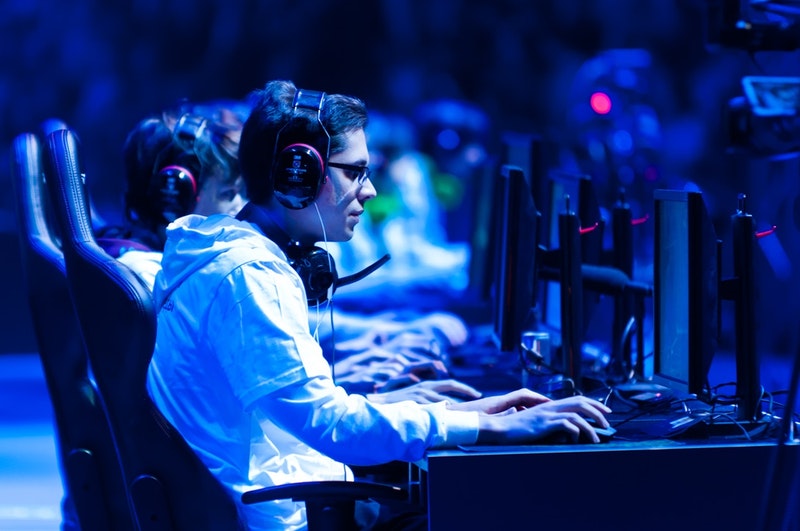
Integrity is a critical part of sports and esports alike – without it, games would lack meaning and audiences would diminish as a consequence. It’s a no-brainer why leagues and organisations are striving to preserve their sports, which is why the NBA leaned towards introducing an ‘integrity fee’ for sportsbooks to pay up in order to maintain countermeasures against match-fixing. Whether we’ll see esports attempt to establish their own integrity fee is still to be determined; what we can say right now, is that leagues, publishers, government and bookmakers will all have to work in tangent in order to ensure esports’ path is smooth.
Working together towards one thing
Gambling is often viewed in a negative light, associations with financial hardship and addiction means that teams and publishers embracing esports betting will be an important part of how the realm develops over time.
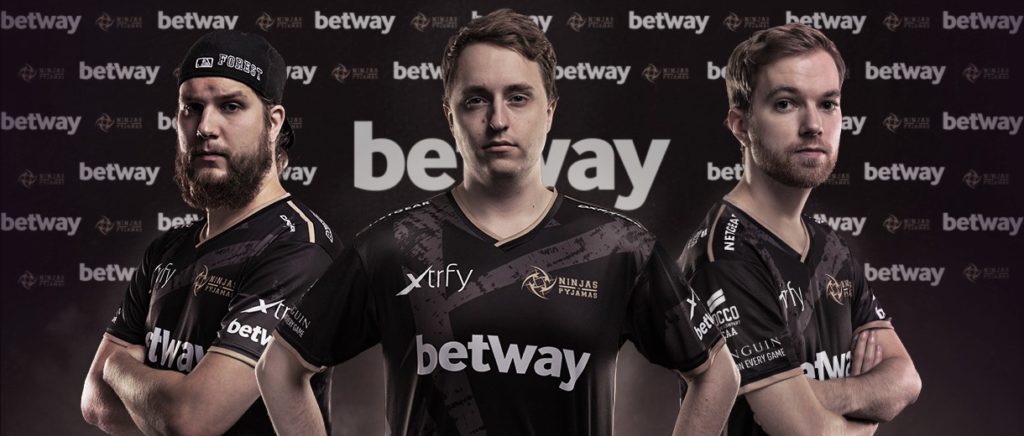
Betting operator Betway and pro-gaming organisation Ninja in Pyjamas were amongst the first to ink a major partnership deal between bookmaker and esports team – granting the betting platform on-shirt branding similar to what we’ve seen in football.
In terms of marketing and content this one has been delivered particularly well, and Betway has played it smart by combining their sponsorships of Premier League club West Ham FC and NiP to create some fun video content that appeals to both football and CS:GO fans alike. You can watch one of those here.
We’ve seen other similar partnerships emerge too such as GG Bet and North, who have co-produced a docu-series. Our guess is that these deals will become increasingly popular over time as the sport matures, only accelerated by the sports betting case outcome. Genius Sports’ Maurer was optimistic in this regard, speculating that esports would advance as we’ve seen historically in traditional sports: “More broadly, the change in legislation will see the relationship between sports betting and esports rights holders evolve. We have seen this change in traditional sports, when regulated betting has proven to be a significant, organic revenue channel for rights holders.”
All in all, the partnerships and relationships built connecting all that are involved in both esports and gambling is going be the bridge in which we all cross together towards a greater and sustainable future.
Land of the brave
There’s undoubtedly a lot to cover here, and while there’s a seemingly limitless amount of speculation with respect to esports’ future development, we’re going to have to watch this one unfold organically. Legal sports gambling landing in the US is naturally going to cause quite a bit of market disruption; odds are, skin gambling sites will start to be weeded out as trusted and licensed options become available to US citizens. “I believe the U.S. will be proportionally large for all sports betting including esports. I think we’ll see black market operators get shut out over time, it’s a damn good thing if you ask me, ” Rahul Sood told Esports Insider.
Back in March, Chief Marketing Officer at Rivalry.gg, Kevin Wimer encapsulated for us what he suspected this transition would look like: “There will certainly be an increase in market size but more importantly, there will be a shift from unregulated gambling to regulated gambling. This may cause some friction for some users when compared to current unregulated skins gambling but overall should help the space mature… The unregulated handle is reported to be massive. If the same users did not have to worry about having their funds lost to overseas accounts, they would likely use licensed responsible book makers.”
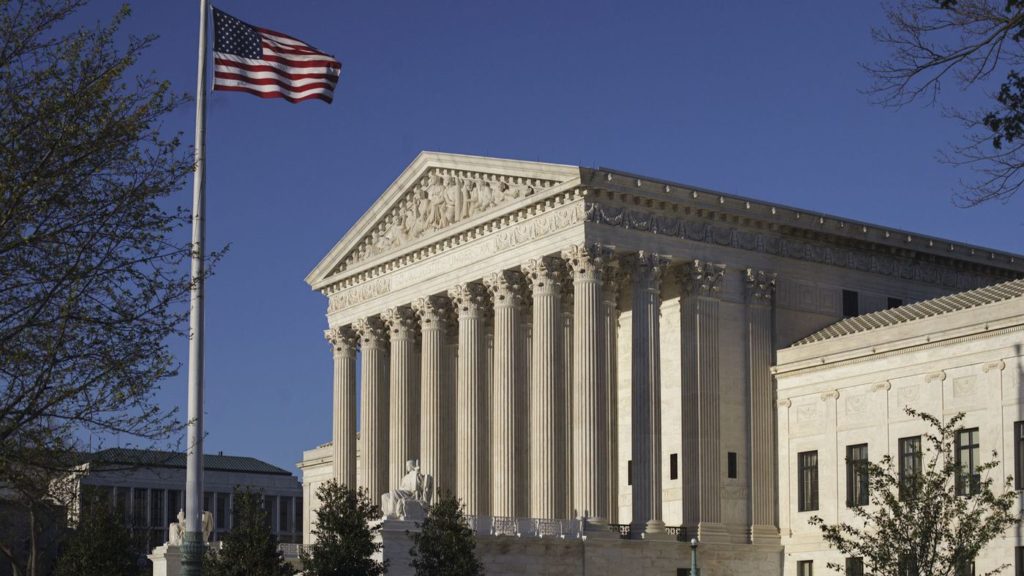
Overall, the news of the Supreme Court’s ruling is being (largely) celebrated across the country; the shift from shadowy black market to a licensed and regulated structure is something everyone should be able to get behind in our opinion.
While a complete implementation of legal betting in the US is still a long-ways-ahead – which is expected coming from an unregulated market worth a reported $150 billion annually – its admittance is projected to yield some great results across the board.
If the land of the brave can cradle esports gambling properly, it’s going to position the nation as a leader in esports beyond its foremost capitalisation in general interest. We really resonated with Neale Deely of Sportradar’s vision on this matter that “The US has the potential to be the biggest betting market in the world by quite some distance. With scale comes influence, so I fully expect the US market will have a big say in how esports betting evolves.”
Esports is poised to explode in all directions following the court’s decision, and the US will indubitably be the luminary in this quest.
Our ESI London conference in September (18-20th) will see a full track dedicated to esports betting, with topics including building a product for the fans, data challenges, a focus on the USA, loot crates and more. Speakers include CEOs and top executives from Abios, Sportradar, PandaScore, Luckbox, UltraPlay, Unikrn with more to be announced.


